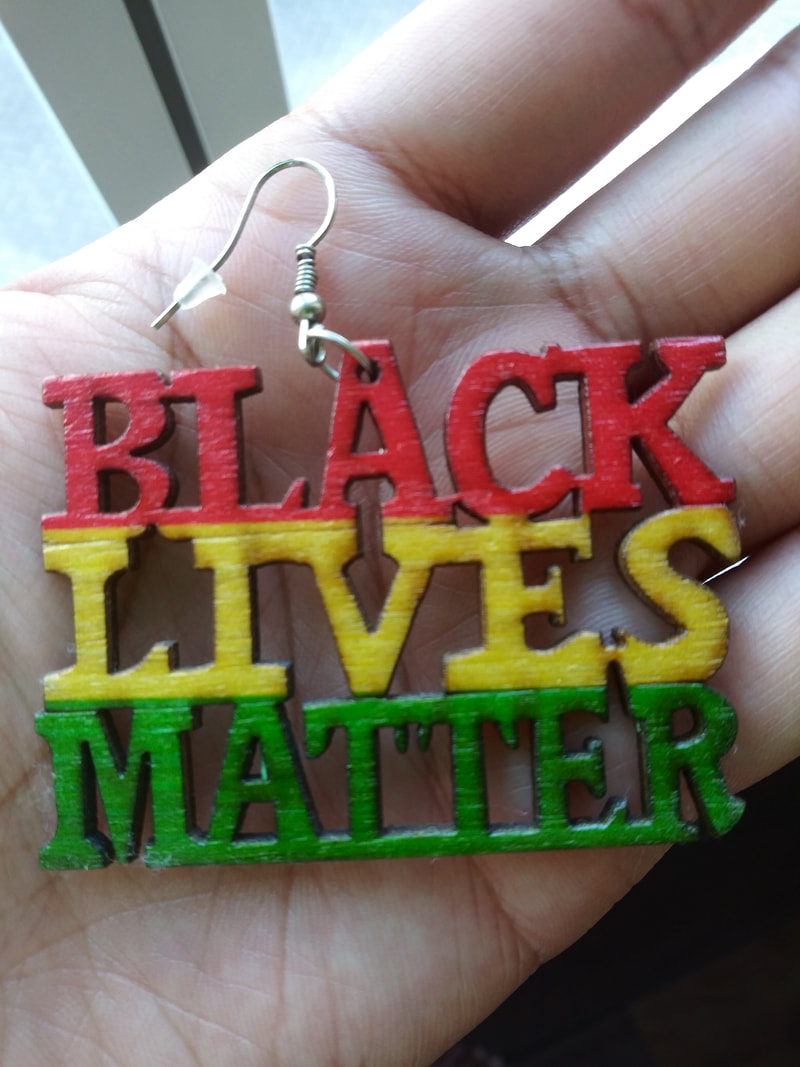|
by Anthony R. Green Once again, the United States is embroiled in another moment where citizens are protesting (in various ways) against the extremely inhumane treatment of Black people, particularly by the police. The three names that have recently garnered national and international attention are Ahmaud Arbery (25 years old), Breonna Taylor (26 years old), and George Floyd (46 years old). The sadder reality is that during this same period, in Tallahassee alone, police officers also fatally shot Wilbon Woodard (69 years old), Mychael Johnson (31 years old), and Tony McDade (38 years old). Tony was murdered two days after Floyd, and - while his death has received some noteworthy attention - his demise has been eclipsed by the Floyd protests. In all truth though, while the particular unfolding of Floyd's murder resulted in a situation upon which the current protests could unfold (analogous to Michael Brown's murder), these protests are the result of an eruption of simmering feelings about Black death, institutional racism, and injustice, especially in the US. The simmering feelings have now turned into a full on boil, and that boil has burst a lid. The feelings are now flowing like lava, and this emotional lava is flowing strong ... as it should be. History has constantly construed the narrative of Black people, not just in the United States, to skew towards negative or non-existent. Consider classical music's continued practice of ignoring Vicente Lusitano (an Afro-Portuguese renaissance composer), Ignatius Sancho (born into slavery, eventually becoming a composer and the first Black Briton to vote), Chevalier de Saint-Georges (born in Guadeloupe, Mozart stole a theme from him for one of his works), William Grant Still (the "dean of Black composers", ground-breaking musician), and so many others in their programming, their pedagogy, their analyses, and their lists of who is a "great" composer or an "old master". This ignorance and silencing directly corresponds to deplorable narrative that seems to overwhelm Black identity today. Everyone has a moral responsibility to change this narrative, because it is false, destructive, and fatal, as evinced by racially-motivated deaths, institutional racism, societal indifference, Black silencing, and so many other factors that have existed for far too long. Nevertheless, Black people will still persist. We will still create, have a significant influence on society, history, technology, science, medicine, architecture, design, textiles, urban planning, childcare, visual art, literature, creative practices, empathy, and everything that exists in this world. What can we do now, though? We can rectify our mistaught history and change the Black narrative. We can work to correct the current injustice that permeates public and private spaces. But we mustn't let the world ever forget how it has mistreated its Black and brown people. With that, please listen and grow from this powerful piece by Courtney Bryan: Yet Unheard.
0 Comments
Leave a Reply. |
Details
Writings, musings, photos, links, and videos about Black Artistry of ALL varieties!
Feel free to drop a comment or suggestion for posts! Archives
May 2024
|
Member Login
Black concert series and educational programs in Boston and beyond


 RSS Feed
RSS Feed










